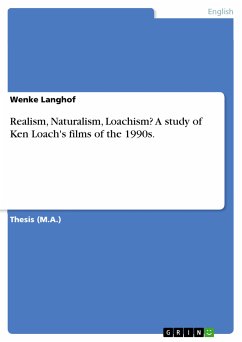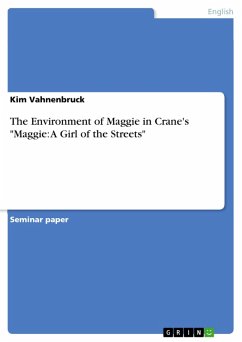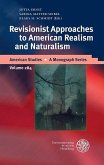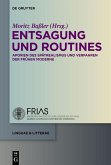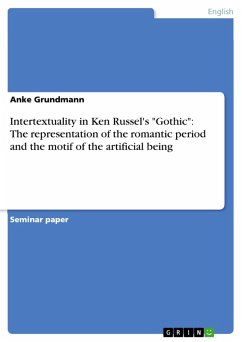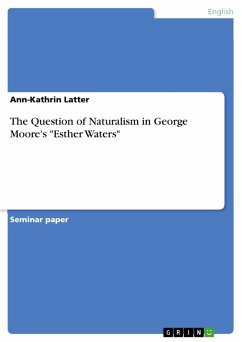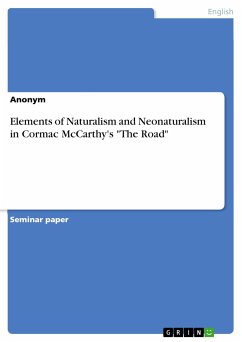Thesis (M.A.) from the year 2002 in the subject English Language and Literature Studies - Culture and Applied Geography, grade: 1.3, University of Potsdam (Anglistik/Amerikanistik), course: English Cultural an Media Studies, language: English, abstract: The 1990s was a very productive decade for the British film industry. It is the continuation of the so-called 'renaissance' in British film, which started in the 1980s. Films of those years were noted for "their realism, their simplicity, their absence of special effects and their originality" and often politically, socially and/or ethnically motivated. One of the British directors renowned for precisely this kind of filmmaking is Kenneth Loach, who adhered to his realistic approach to filmmaking from the 1960s through to the 1990s and applied it both to the television and the cinema screen. After a less productive decade during the 80s, when he turned to documentaries rather than feature films, most of which never made it to the screen under the politics and censorship of the Thatcher government, he experienced a comeback in the 1990s. Even if his style developed over the decades of his career, his main aim - to show the life of the British working class - has remained consistent. Critics generally refer to Loach as a realist or naturalist filmmaker, terms which Loach himself would rather substitute with "authentic", which to him seems a less loaded word than "naturalistic" or "realistic". So what is he? A realist, a naturalist or should one create a new term, as has been suggested and call his filmmaking "Loachian" to do justice to his unique style? Could one define such a thing as "Loachism", rather than "realism" and "naturalism"? Loach's style can be regarded as a continuum within realist traditions of filmmaking. From the early beginnings of cinema, realism constituted an important part of the new medium. Critics and filmmakers alike engaged in discussions on the realist issue. Is cinema real? Does it show 'life as it really is'? Could any two-dimensional art ever show the real life? How far can the style of filming manipulate the reflection of reality in film and how does this influence the film's effect on the spectator? The following work will look at the origins and developments of realist film theory and the connections to naturalism (Is naturalism a kind of realism?). After the establishment of a theoretic framework, I will place Loach and his films within this framework, starting with an examination of his distinguishing cinematic techniques, before subjecting two of the films to a more detailed analysis.
Dieser Download kann aus rechtlichen Gründen nur mit Rechnungsadresse in A, B, BG, CY, CZ, D, DK, EW, E, FIN, F, GR, HR, H, IRL, I, LT, L, LR, M, NL, PL, P, R, S, SLO, SK ausgeliefert werden.

